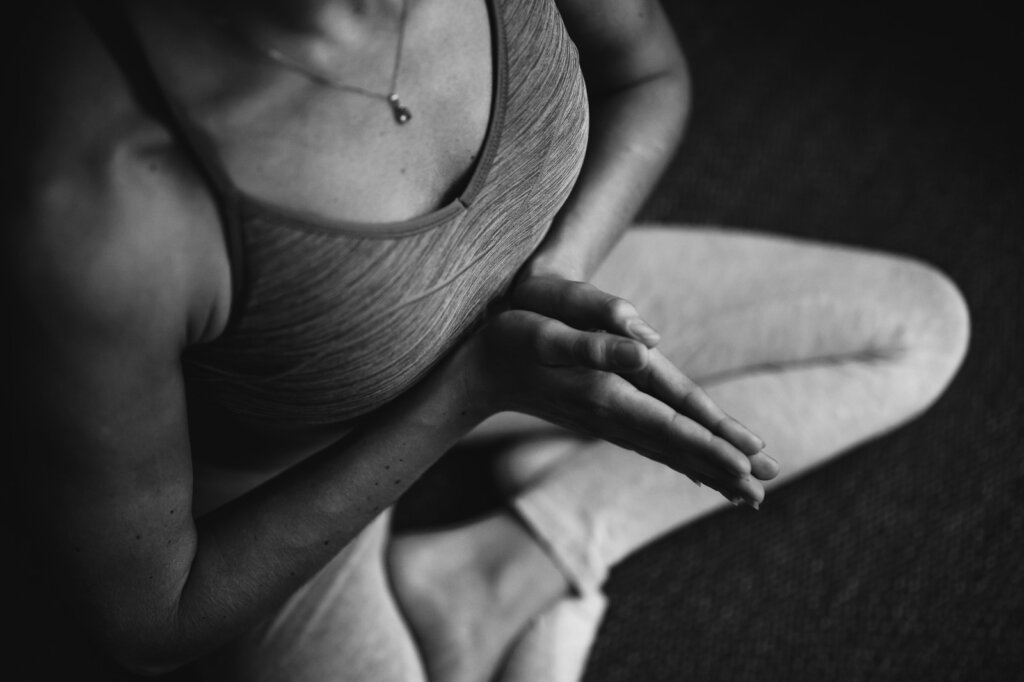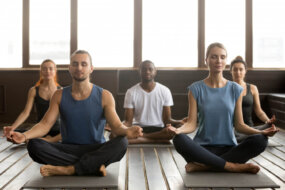
While many people dismiss yoga as a passing fad, it has in reality helped thousands of people improve their physical and mental health. Remember the golden rule of never judging a book by its cover; if you think yoga is just bending and breathing, think again.
Yoga’s Origins
Yoga is a practice that has been around for over four thousand years. Its history can be traced back to India, where it is still regarded as a highly respected practice for attaining enlightenment. Yoga as a way of attaining enlightenment is fundamental to many religions, including Hinduism, Buddhism, and Jainism.
In other parts of the world, the popularity of yoga stems from its many health benefits and its associated use with Hatha Yoga asanas (postures) as fitness exercises.
Yoga’s Purpose and Main Components
Yoga, in addition to achieving spiritual enlightenment, will help individuals gain a greater understanding of not only their bodies but also their inner self.
When you practise yoga, you will find that you will be focusing on three key points:
Breathing Techniquesbr > Body Positioning or Posturebr > Meditation Methods
Yoga’s Benefits
Treating Back Injuries – Yoga can help you heal back injuries by improving blood circulation to your damaged tissues and strengthening your lower back muscles; yoga can also help you heal other forms of injuries in some cases.
Prevention – Yoga has the ability to minimise the likelihood of re-injury, shorten the time required to heal from injuries, and act as a routine exercise tool to avoid disabilities.
Mental Clarity and Stress Management – The quiet and profoundly calming exercises used in yoga will help you have a better state of mind at work every day and better control of your stress levels.
Greater Self-Awareness and Overall Well-Being – When you start practising yoga on a daily basis, you’ll be surprised by how much peace you feel with yourself.
Generally Improved Physical Health – Aside from helping you achieve the perfect toned body, yoga will also help you refresh your kidneys and maintain a healthier posture.
Better Sleep – With the aid of yoga, rediscover the easy pleasures of sleeping.

Yoga Practice Tips for Beginners
Consult Your Physician – Before you begin the first yoga phase, check with your doctor to ensure that you are well enough to do so. Yes, technically anyone can do yoga, but there are certain challenging poses that would be impossible or risky to try if you have a history of injuries or disabilities.
To be on the safe side, consult your doctor and ask him if you should yoga your way to a sexy figure.
Classes or Private Lessons – If you’re set on taking a yoga class, make sure it’s at a level appropriate for you. Make sure you attend the first day of class as well to avoid feelings of fear when you see others tackling new yoga poses that baffle the mind. Second, make a class schedule that you can stick to on a daily basis. If you only take one or two classes every two months, you’re kind of defeating the purpose of taking a class in the first place. Finally, choose the type of yoga class that best fits your preferences and skills.
If, on the other hand, you are not the social kind, you can still try yoga practice at home and in the privacy of your own home. The only downside is the risk that you’re not doing anything correctly and might end up hurting yourself. In this situation, the safest compromise will be to employ a private tutor for a lesson or two, or before you know enough to practice on your own.




